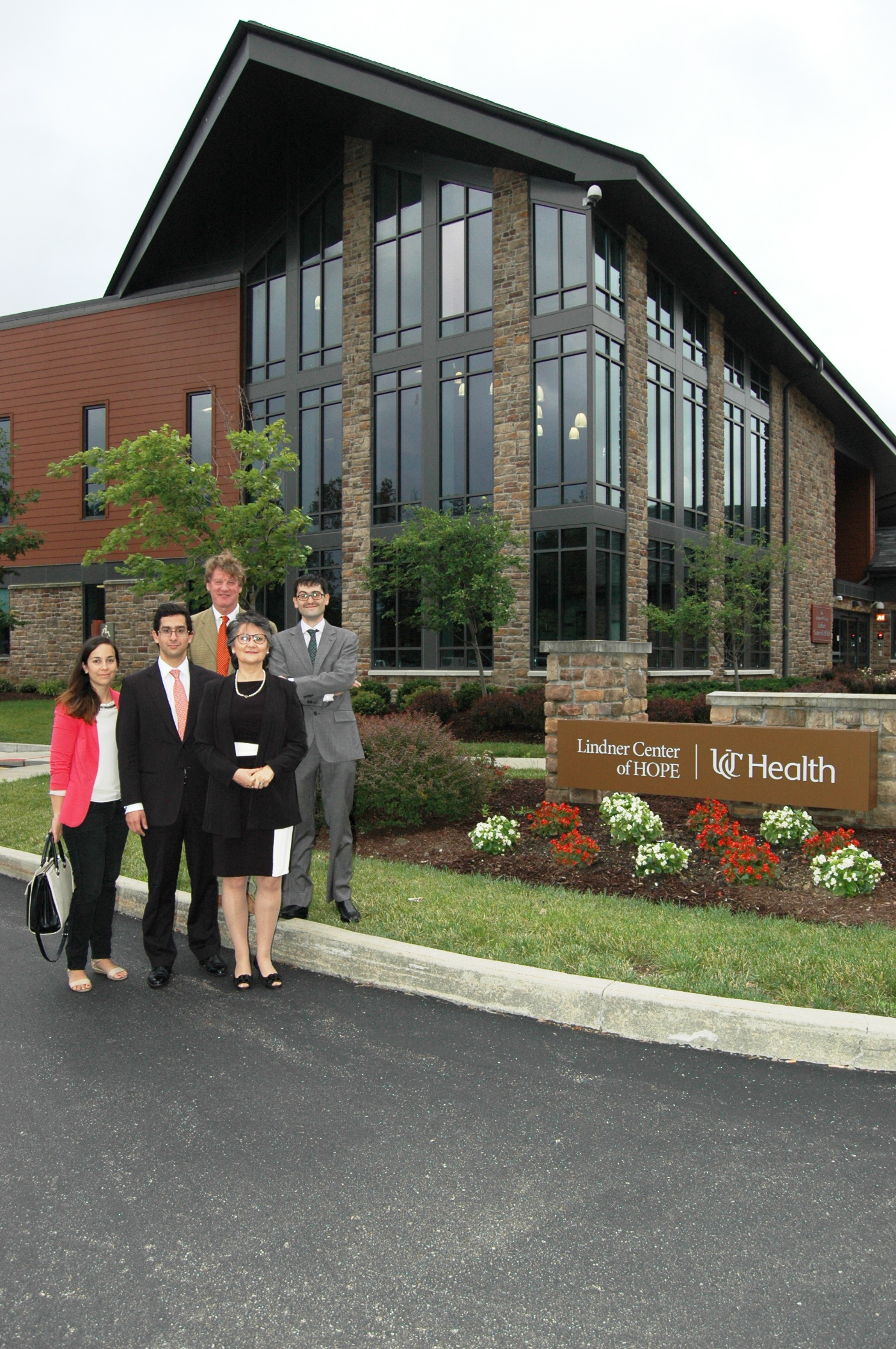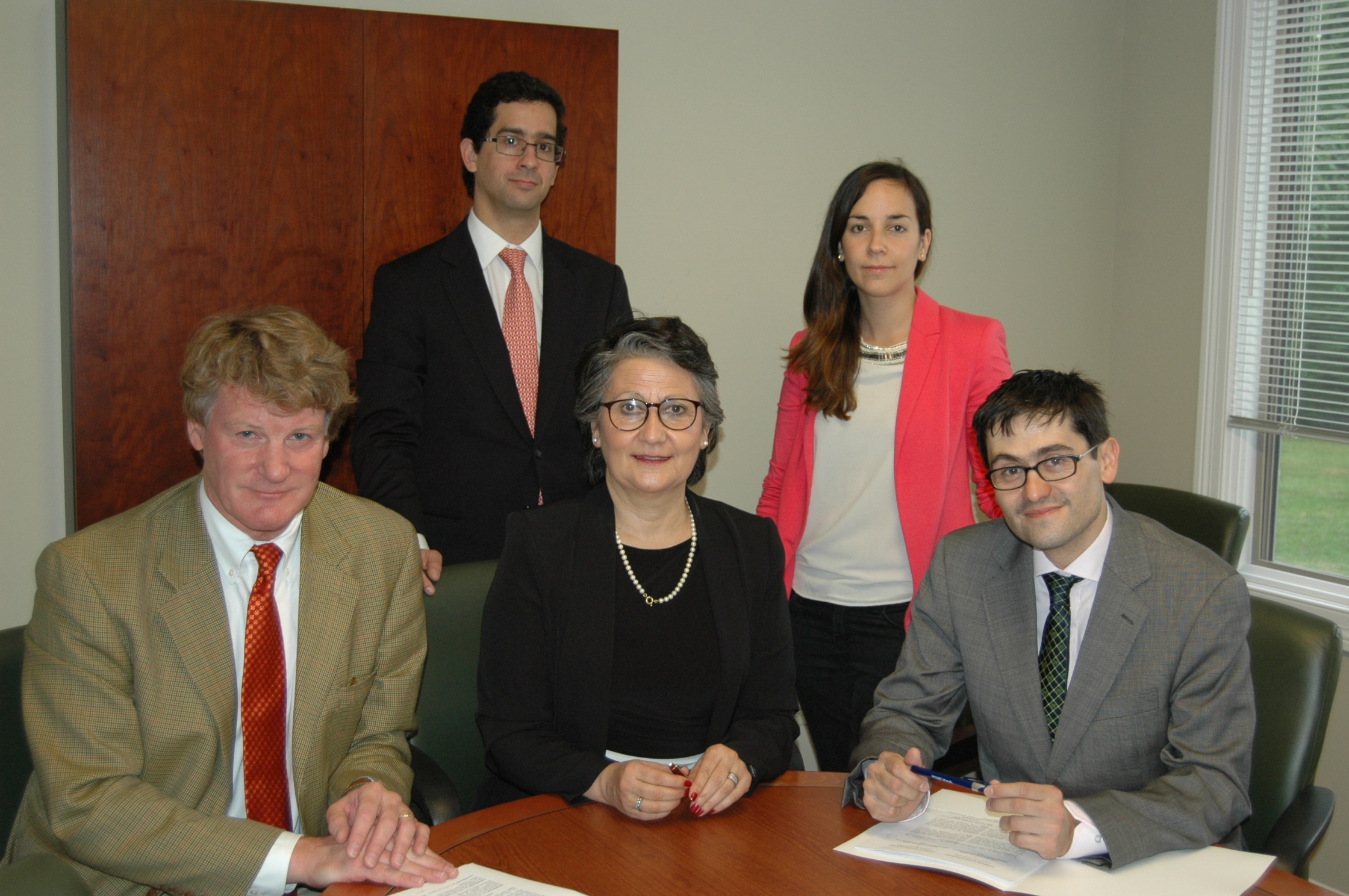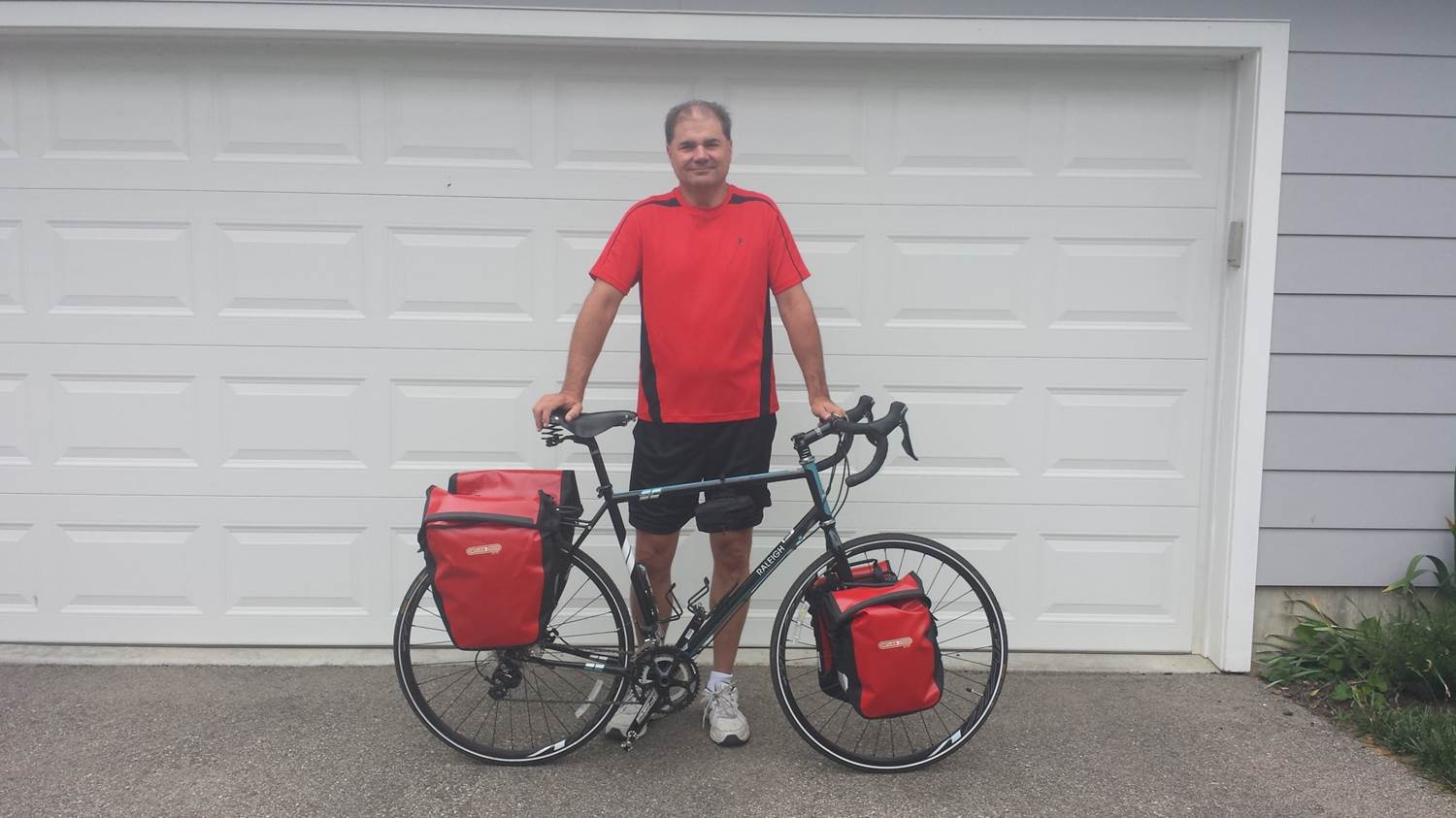Category: General Announcements
After 18 months of serving patients and families utilizing a unique model of comprehensive diagnostic assessment and treatment, Williams House at Lindner Center of HOPE is enhancing its programming by refining its offerings to better meet patients where they are.
Williams House offers a specialized and intimate setting within the Lindner Center of HOPE, focusing on intensive assessment and treatment of patients, age 11 through 17, suffering with complex, co-morbid mental health issues. A new 14-day core program has a primary goal of completing an intensive assessment, determining an accurate diagnosis, and planning the best next steps. The detailed but concise diagnostic picture, which may include the results of genetic testing, informs the development of the optimal psychopharmacologic treatment plan.
Additional treatment weeks can now enhance the assessment, before or after the diagnostic period, depending upon individual need and the recommendations from the Williams House clinical team.
In essence, the program is customizable around the core diagnostic assessment period to best serve patients and families. The shorter diagnostic core and more flexible additional weeks will allow patients and families to get the greatest benefit from Williams House, as they ready for next steps in treatment and life.
Serving Patients Ages 11 to 17 (18, if still attending high school) with:
- Mood Problems
- Obsessive Compulsive Disorder/Anxiety Problems
- Disordered Thinking
- Disordered Eating
- Maladaptive Coping Skills
- Family or Relationship Problems
- Neurodevelopmental Issues
- Learning Differences or Problems with School
- Poor Response to Previous Treatment
- Substance Use Problems
Williams House, a private pay program, features:
- A quick and smooth referral and intake process.
- A safe and welcoming environment that meets adolescents where they are.
- A highly credentialed treatment team, with access to 45 clinical consultants.
- Specialization in complex mental health and addictive disorders.
- An evidence-based compilation of psychological and neuropsychological testing.
- A comprehensive assessment resulting in a detailed but concise diagnostic picture.
- A structured milieu with Cognitive Behavioral Therapy (CBT) and Dialectical Behavioral Therapy (DBT) as a foundation.
- A strengths-based approach to treatment recommendations and development of future focus.
- An educational component working closely with the treatment team and home school contacts.
- Parent and family involvement and education.
- Complete coordination of care.
- A network of HOPE for further treatment referrals for patients and families.
For patients and families seeking comprehensive assessment and individualized treatment, Williams House, at Lindner Center of HOPE offers a phased and customizable approach to intensive assessment and treatment in a safe and therapeutic treatment environment.
Click here to learn, “Why a residential assessment.”
Don’t wait, call (513) 536-0537 or (888) 537-4229 now or visit williamslindner.org for more information.




